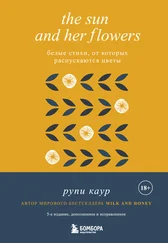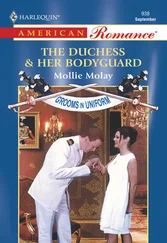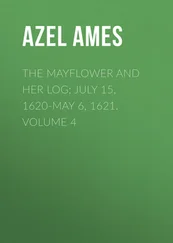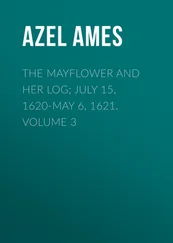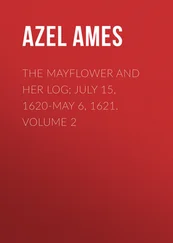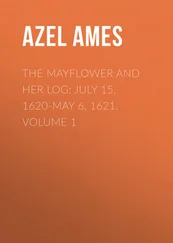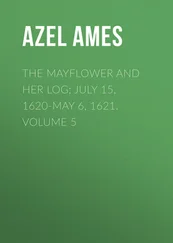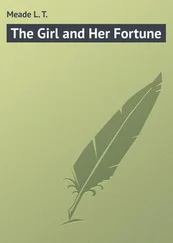Now the Kempei Tai knew who the culprits were, since they had captured Rufus’s diary, and they thus found out that all the questioning and torture, water treatment, beatings and electrodes on the genitals of last year’s local captives had produced false confessions and unjust executions.
On the question of face, General Okimasa and Court President Sakamone and the Kempei Tai officers asked themselves with a fractured but potent logic: How could the twenty Malays, men in their prime, fathers of families, a humourist here, a balladist there, a sketcher here, a teller of profane jokes there, be under death sentence, and the ten Memerang men not? But it meant, as the hobbyists and researchers have frequently assured me, that for some periods of time during their capture, the limitations of torture having been proven the year before, Leo and the others had it easier than the locals, Chinese, Malay and Britons, who had been arrested the year before.
So I had assimilated all that, and stowed it away within me the way people do. The rivers of our blood flow and flow, and grind what is too sharp to be known down into smoothness, into a sort of habitable geology. I knew the details of the trial from the late 1960s on. I had the English language transcript provided to me by Lydon, and from then until the present it lay in my desk drawer at home, where I would frequently encounter it and flinch, a duty of pain I felt I owed it. I was familiar with the names of Okimasa, Sakemone the fanatic, Minatoya the prosecutor, and above all with that of Hidaka.
The severest test occurred in the early 1990s, when Hidaka, reconciled to having been discovered, was brought to Australia by the now middle-aged Tom Lydon and by an Australian film producer who wanted to have his technical advice for a proposed film. Lydon called us and said Hidaka would very much like to pay his respects to me. I shouldn’t have gone along with it – what could the meeting mean and how could I balance his part in the trial and execution, and his undoubted kindnesses, into one feasible greeting and one safe little discourse? But then how could I ignore the half-century of transformation, which made us fortunate participants in the business of our region, which made Japan ‘our major trading partner’. After discussing it with Laurie, I suggested to Tom Lydon he bring Hidaka to our place for afternoon tea.
I was still full of that terror which had lasted nearly fifty years. Every time I approached Leo’s death I was repelled by the temperature of the event itself and saw refracted through its heat a new version to which I had somehow to adjust. I remembered Doucette’s guilt about his inadequate rejoicing at news of Minette’s survival, which was paralleled by my sense that I had never adequately mourned. Now that Tom Lydon was bringing Hidaka to my house, the whole file was open again, nothing was settled, I might hear anything. The fear that there were limitless versions of the thing to absorb was, despite what I thought of as my good sense, acute and like a form of madness. Combined with that, I suspected that a good, brave wife would have sought Hidaka out years since, would have been frantic to meet him earlier.
Laurie was wonderful at such times. He had not yet suffered his stroke, and he attended to everything, meeting the guests at the door, making the tea. As Hidaka came into the living room, nodding, bowing to me, not yet daring to smile, he proved to be a lean old man of average height whose mouth was beginning to slacken with age. He seemed to have a respiratory disease, and I noticed his fingers were nicotine stained and his nails blue-ish from lack of oxygen. I could tell at once that he and I were both playing this for Lydon, Hidaka playing along with Tom who had set up his air ticket Tokyo to Sydney. At a moment like this one, I was sure, Hidaka was asking himself whether he should have taken the trip, despite the honour he received in the Australian tabloids under the film-company generated headlines such as, JAPANESE TRANSLATOR BEFRIENDED DOOMED AUSSIES.
Under Laurie’s understated stage management, we sat down to drink tea, and began to talk about Hidaka’s flight and whether he was able to rest properly here. And yet in no time the matter of the trial came up as if by its own force. I don’t even remember the sequence of sentences, but there it was, amongst us. Like a slaughtered beast on the carpet, it demanded comment, and I could see Tom Lydon sitting forward, eager to assess what Hidaka and I would say in each other’s company.
My superiors ordered me to dress immaculately, the old man told us, with his chronic wheeze.
This was the most important and portentous trial he had ever seen, but he was not required as a translator – a translator of military rank sat with the judges. He wondered what his superiors would think when the prisoners who were brought in winked at him and smiled at his posh suit. And the prisoners did, one of them, Sergeant Bantry, unleashing a little sharp, almost unhearable whistle.
As Laurie made unconscious affirmative and comforting sounds deep in his throat, at Lydon’s request Hidaka went through the order they stood in. It is engraved on my soul, said Hidaka.
That was a sentiment I believed, and I heard my husband Laurie also give his accepting growl. At the end of the line, on the left, No. 10, was Jockey Rubinsky, twenty years old. Big Chesty Blinkhorn beside him, same age. Sergeant Bantry, the non-swearer. No. 6 was the young naval rating Moss, a now sickly and much-beaten young army lieutenant named Dinny Bilson was No. 5, and Lieutenant Danway stood at No. 4 in the line. At the other end, Nos. 3, 2 and 1 from the left, Melbourne Duckworth, Leo and Major Filmer. They all wore Japanese army boots, and their hair was close-cropped. I try to imagine Leo thus, very thin, with cropped hair.
And General Okimasa was there the whole time, wasn’t he? Lydon asked Hidaka, as if I did not know that.
All the time, Hidaka confirmed. He did not leave for a minute. So it was… the important trial.
Lydon loves all this straight-from-the-horse’s-mouth stuff. The order in which people stood, and so on. Did Okimasa sit on a rattan chair or an armchair? The reason Memerang’s supposed crime under Japanese military law was translated by him as ‘perfidy’, an old-fashioned and stately word, is that Mr Hidaka had learned his English from Shakespeare, Tennyson and P. G. Wodehouse.
But I could see old Hidaka was gasping, even after such a short time, and so, secretly, was I.
I smiled and said to Lydon, Listen here, Tom, curb your enthusiasm. I think Mr Hidaka is tired.
Of course, Tom admitted. One thing though. Mr Hidaka saw them while they were waiting for the verdict. To paraphrase him, without putting him to the trouble of telling it all again…
As the afternoon-long trial ended, said Lydon, the accused were taken away by their guards, to wait in half-darkness on benches in the garden. Hidaka had not been stopped from visiting them. Their spirits were high, and they spoke quite loudly and in lively terms, and Hidaka had organised cigarettes to be handed round.
Thank you, Mr Hidaka, I said, as earnestly as I could.
But I knew there must have been a secret fever in each man. They must have muttered to each other reassurances about some coming invasion of Singapore by the Allies. The Seventh Area Army had grown soft in its occupation of Malaya and Singapore, and was on the verge of losing Saigon. Having condemned them, the court might in any case simply let them stay in Outram Road gaol or in Changi.
I would ultimately get more information on what was said amongst them too. They were pleased none of them had begged – I would find that out. Because Jockey Rubinsky, world traveller, conceived in Harbin, Mongolia, born in Shanghai, raised in Sydney, came up to Leo and said, as if naming the central issue, ‘We didn’t beg. The bastards didn’t hear us beg!’
Читать дальше


